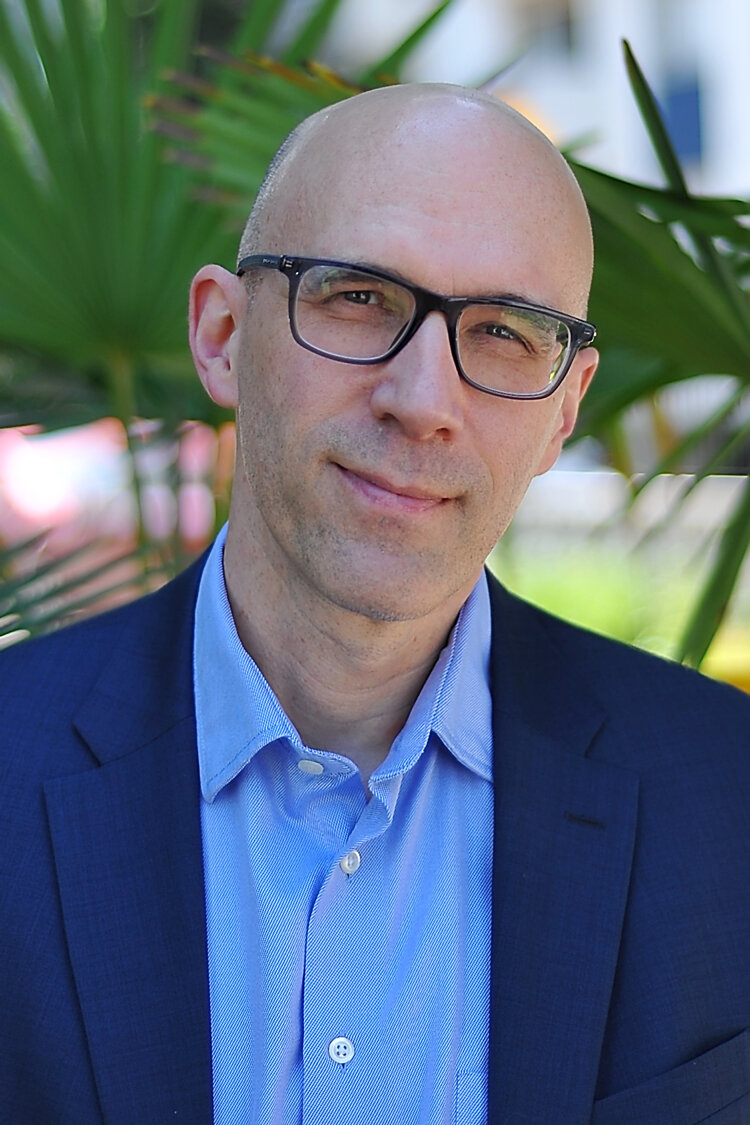
A Question of Trust
June 11, 2024
One of the most remarkable (and disquieting) data points in our 2024 survey of members like you was your responses to question 17. As you may recall, this question read, “Senior Leaders and employees trust each other. (Senior Leaders include the presidents, VPs, and faculty members who are in the highest positions in the University).” Of the 506 of you who answered this question, the responses broke down as follows:
|
Answer Choices |
Response % |
Response # |
|
Strongly agree |
1.58% |
8 |
|
Agree |
11.26% |
57 |
|
Neutral/Neither agree nor disagree |
34.78% |
176 |
|
Disagree |
32.81% |
166 |
|
Strongly disagree |
19.57% |
99 |
|
Total |
100.00% |
506 |
Just over 52% of you disagree or strongly disagree with the statement in the question. And it’s not as if there’s a large number of positive responses on the other side: only a little under 13% of you agree or strongly agree that “Senior Leaders and employees trust each other.” In terms of sample size, 506 members is approximately 31% of the APSA membership. Our survey went out well before the layoffs of 35 APSA members this May. It’s unclear if we reissued the survey how the layoffs would change responses to the survey. If I may offer a guess, I can’t imagine that the dial would move further to the positive side.
For a large employer such as SFU, APSA member responses to this question are very concerning. It’s not good, obviously, when a plurality of professional employees don’t trust their senior leadership and a plurality of professional employees think that the senior leadership doesn’t trust them. Morale diminishes, turnover increases, sick leave likely increases and so on. The workplace begins to spiral.
Alex Usher, the author of “One Thought to Start Your Day,” a daily post about the higher education sector, wrote in his May 29, 2024 column that trust is a sector-wide issue.
“If there is one lament I have heard consistently over the past couple of years on campuses, it is the disappearance of trust. Different folks obviously have disparate views about who is responsible for this, evidently, and of course actual responsibility varies from one campus to another. I don’t think that’s particularly important: what is important is that everyone acknowledge the value of trust and that everyone in an institution works to restore it. And of course, that people at the very top of an institution need to model it, continuously.”
Unfortunately, having been in my role for almost six years now and heard many stories from you and leaders and members in other employee groups, including APEX and faculty, I don’t think that the senior leadership at SFU model trust continuously. I write my opinion not to condemn, but with the express hope that SFU’s senior leadership strongly consider how to model trust in this way. The University, having entered difficult times, needs more than ever the trust of its employees. A reported recent case study at SFU in which 7000+ faculty and staff were surveyed, noted that 43% of survey respondents wouldn’t recommend SFU to their colleagues: such a survey result only underscores the need for senior administration to rebuild trust in the SFU community. Members like you also need to know that senior leaders trust you to make the decisions you do every day in support of the University’s mission.
Alex Usher again on May 29, 2024:
“We need trust in order to make institutions work better. Without it, we will descend into pure managerialism; with it, we can ascend into what I have previously called “rapid collegiality”: the ability to make consensual decisions—including budget decisions—more quickly.”
Alex Usher from August 29, 2022:
“A term like “rapid collegiality” may seem an oxymoron, but to my mind this is mainly because this equates collegiality with soul-sucking committee processes most institutions have seen fit to use these past few decades. The trick is not to equate collegiality with committee-based discussions about rules and policies, but rather with wide community engagement on objectives and planning. Institutional leaders need to use a variety of both formal and informal techniques to encourage exchanges of ideas with both its internal committees and external stakeholders with respect to alternate future pathways and what future pivots might look like.”
Without a bare minimum of trust between SFU’s senior leaders and its employees, hard times are only very likely to be even harder at SFU.
